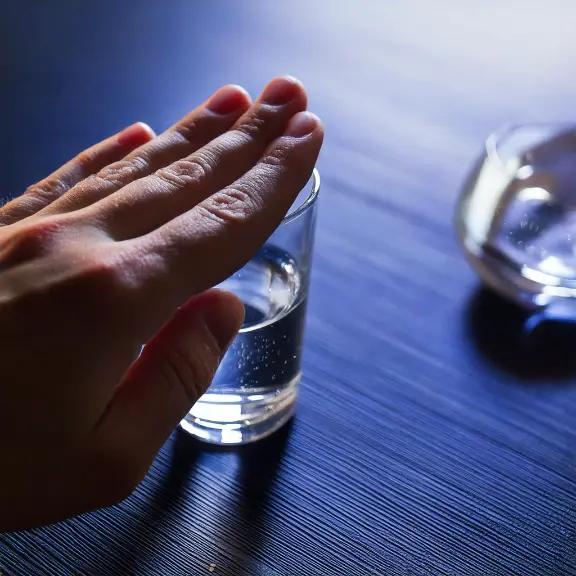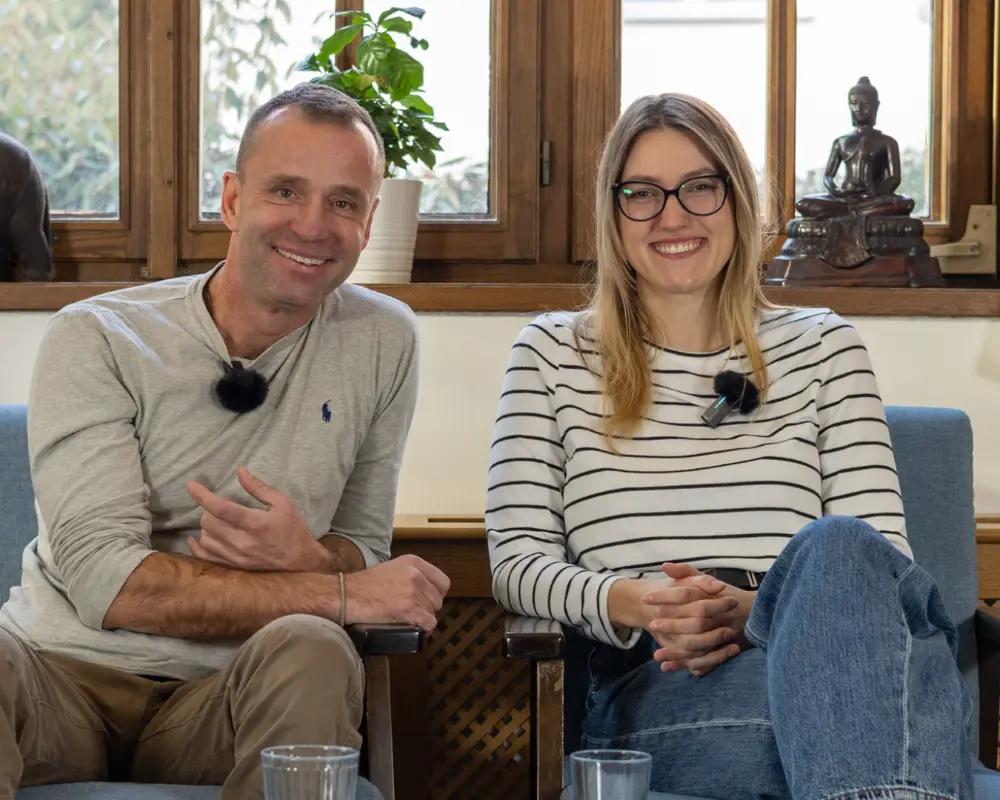February - more than just a month without alcohol: Willpower as a double-edged sword
A month without alcohol – a challenge that at first glance promises improved sleep, better skin, weight loss and, most importantly, the feeling of accomplishment that you managed to resist. It sounds like a simple recipe for a healthier lifestyle. But what if this “test of will” is just a superficial solution that overlooks the deeper roots of the problem? And can discipline and strong willpower when working with alcohol be more of a hindrance than a help?
Research shows that even short-term abstinence has a positive impact on health. Reducing alcohol intake reduces the risk of cancer, improves liver function, lowers blood pressure, and increases sleep quality. The body simply rests. After such a period, people often say: “I’ve done it, so I don’t have a problem with alcohol.” However, this conclusion may seem logical at first glance, but from a therapeutic point of view it often misses the point.
The real core of the problem with alcohol lies not in discipline, but in the emotional background that drinking creates. Addictions do not work on a logical level. Their roots lie in emotions - in what alcohol brings to a person. For some, it is an escape from stress, for others it is a relief from anxiety, or a way to feel relaxed in social situations. Discipline and strong will may seem like welcome tools at first glance, but at the same time they can mask the real problem and distract attention from the deeper causes that lead to drinking.
The emotional memory trace, which is key in addictions, cannot be overwritten by willpower. Discipline can help you overcome difficult moments or stick to short-term goals, but it is not enough on its own to achieve long-term sobriety. A month of abstinence can then paradoxically be double-edged – a person can take a break from alcohol, but they do not address what drives them to drink. The result can be a return to old habits, often even more intense than before.

This approach is often seen in therapeutic practice, where it is shown that the ability to go a month without alcohol does not mean that the problem is solved. Many people come with the belief that willpower is enough - that if they abstain, they cannot have a problem. However, the reality is different. Strong willpower can be useful at certain stages, for example, in following the recommendations of a therapist or in managing specific situations. But to understand and solve the relationship with alcohol, you need to go much deeper - to the roots, which are often related to emotions, traumas or learned patterns of behavior.
A month of abstinence therefore doesn't have to be just a test of willpower. It can be an opportunity for reflection. What role does alcohol play in my life? Why do I drink? What does alcohol replace for me? These questions can help reveal the real reasons behind why a person finds it difficult to quit drinking, or why they repeatedly return to it.
At the same time, it is important to realize that sobriety is not a battle that can be won with willpower. It is a process of self-discovery, acceptance, and working with the emotions that often trigger addiction. Without this work, a month of abstinence will remain just a superficial attempt that does not address the essence.
Finally, it is important to remember that there is no safe level of alcohol consumption. Alcohol is a powerful carcinogen, comparable to other carcinogens such as mold, and its health effects are more serious than they might seem at first glance. If the issue of alcohol is approached with a deeper understanding, a month of abstinence can be the first step on the path to long-term change. But the key to real improvement is not discipline, but work on yourself.
BE IN THE IMAGE
Information, articles and news
Do you need help?
You can send us a message or call us every day from 8 a.m. to 8 p.m. +420 228 226 101
This website is using cookies
You can either allow them all with the "I agree to all" button below, refuse or set the "Detailed settings" in detail. You can also change the selection later. More information about cookies in the Cookie Policy .




